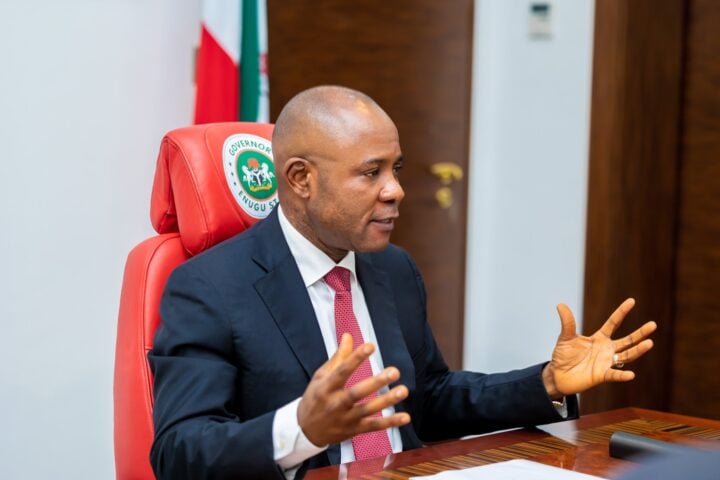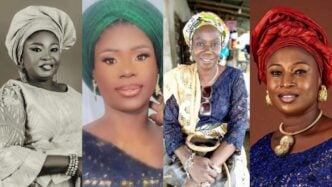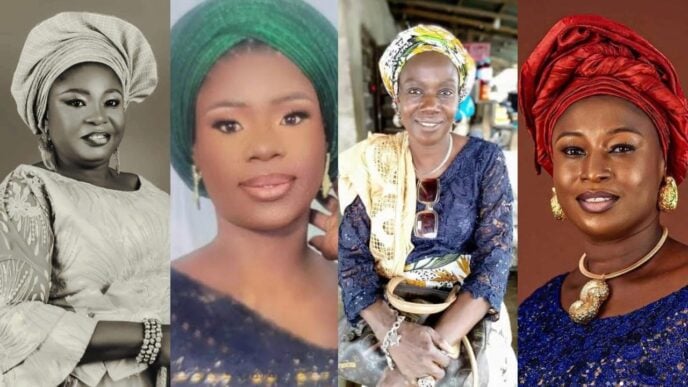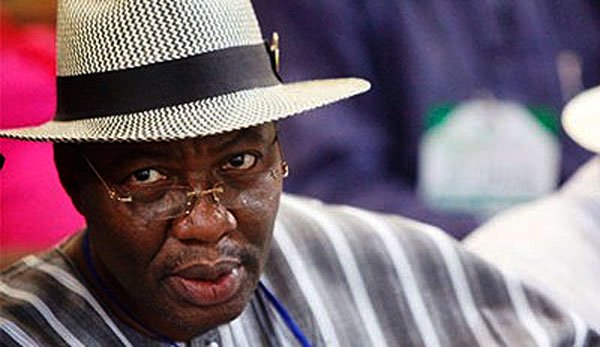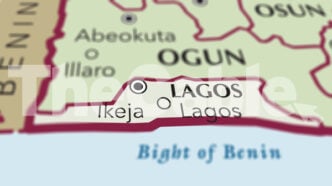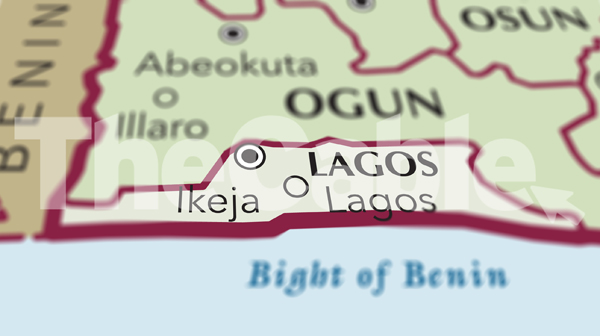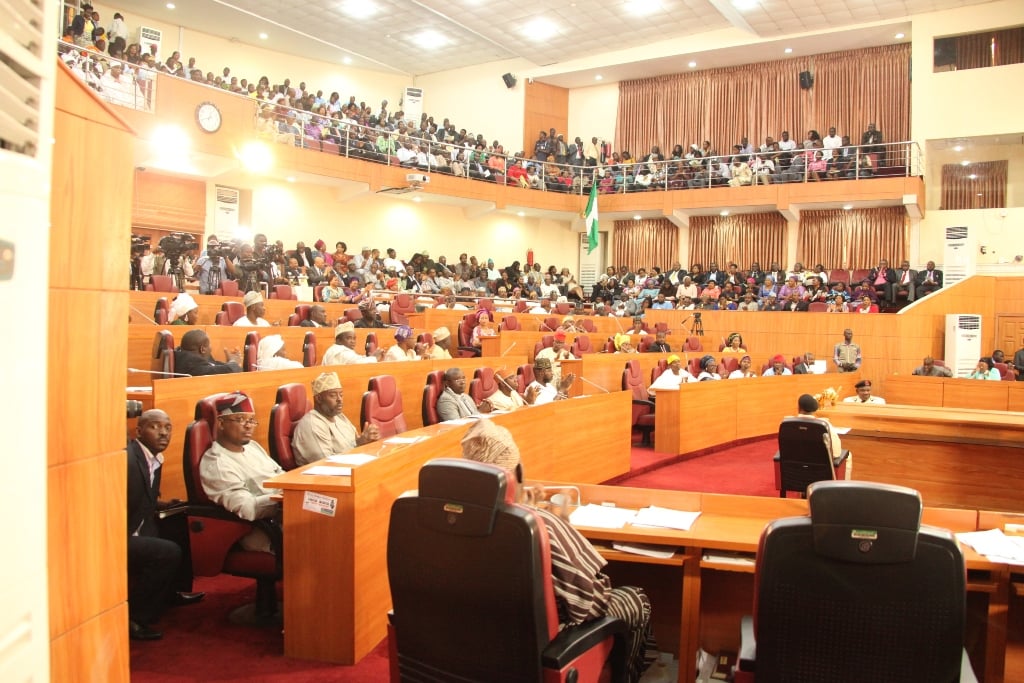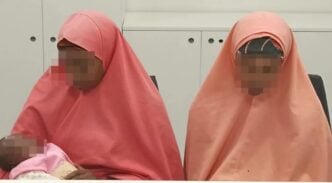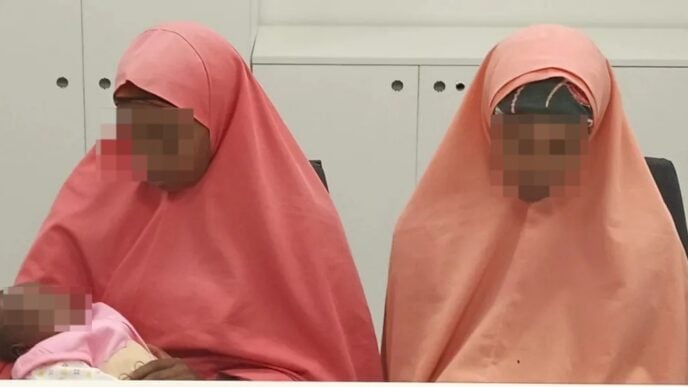Peter Mbah
Enugu state says it is transitioning from its existing model for basic education to “smart green schools.”
Peter Mbah, in a broadcast, said the shift in structure and methods would embrace world-class infrastructure and experiential learning, justifying a 33 per cent budgetary allocation for the state’s education sector.
The governor said this has become necessary to equip Enugu children with knowledge and skills to compete in the global economy.
“We are no longer a state waiting to be saved. Africa today is the youngest continent in the world,” he said.
Advertisement
“More than 60% of our people are under the age of 25. By 2050, our population will reach 2.5 billion, and one in every three young people on earth will be an African. This is a stark reminder that our future will be built by young hands.”
Enugu’s Smart Green Schools project, launched in 2024, involves the construction of 260 new schools, one in each political ward.
Integrating technology and sustainability, these schools are designed as “complete ecosystems for learning.”
Advertisement
They are to feature digital classrooms, robotics labs, e-libraries, and smart farms for experiential learning.
The Enugu State Universal Basic Education Board had said the schools would begin full academic activities by September 22, 2025.
Citing his personal experience in the slums of Port Harcourt, Mbah said education and resilience were his “passport to a life of possibility.”
He said Enugu children must not face such deprivations, insisting that education must be treated as a public right.
Advertisement
Mbah described the Smart Green Schools as the most personal and transformative project of his leadership.
“Each of the 260 schools is designed as a complete ecosystem for learning,” he said.
“Smart means integrating technology, critical thinking, and problem-solving into every subject. Each has about 25 digitally-connected modern classrooms, ICT centres, robotics and AI labs, e-libraries, and spaces for experiential learning.
“They are green because they have renewable energy sources and smart farms where children plant, grow, and harvest, learning agriculture not as theory but as practice.
Advertisement
“And they are inclusive. Every child is provided with free uniforms, books, meals, and tablets. Each school has its own medical clinic, reliable water systems, and community halls that anchor the school in village life.
“Housing for teachers is on-site so that the best educators live within the communities they serve, ensuring continuity of care and commitment.”
Advertisement
He said that while a child could pass through six years of schooling and still be limited to memorising theories on a chalkboard under the old system of learning, the new model sees the clasroom as a creativity hub and learning as experiential.
The governor acknowledged some challenges in building the 260 new schools simultaneously.
Advertisement
“We know that every Smart Green School is not yet complete. There have been setbacks, delays, and challenges to overcome. While some schools will open today, some will open next week, and yet some more in a fortnight,” he said.
“We do not claim perfection. But by all means, every school shall be open this term. No school’s academic calendar will be interrupted.”
Advertisement
Mbah said his administration invested 33 per cent of the state’s budget in education in a move that was worth was worth it.
